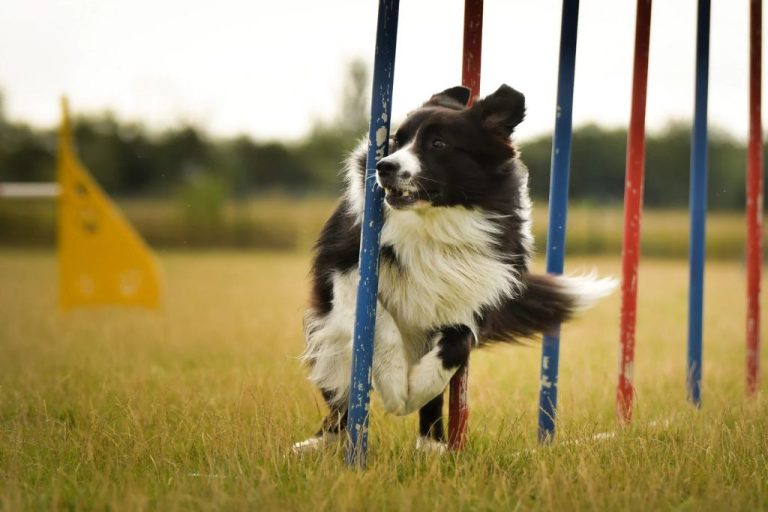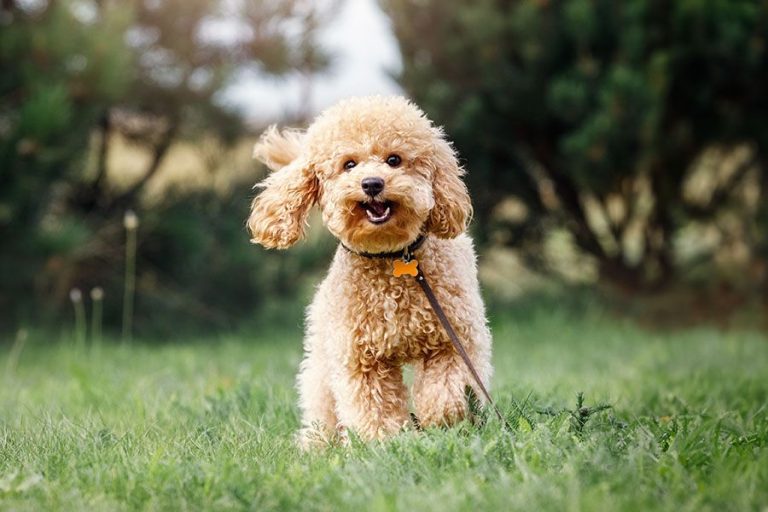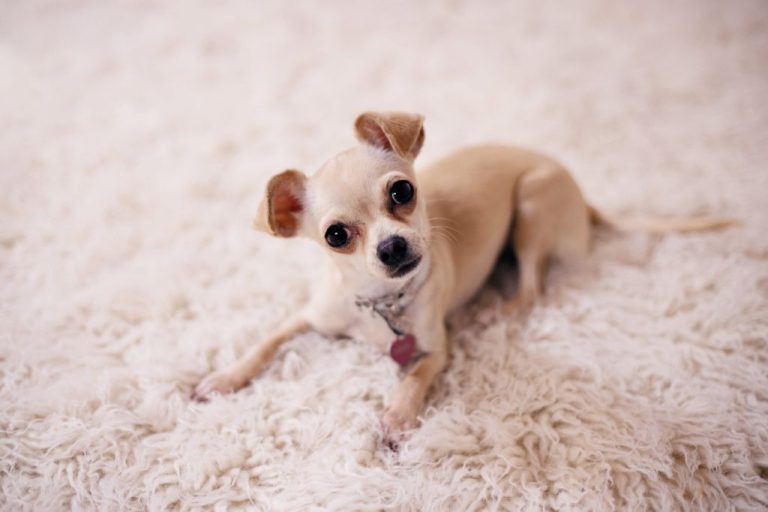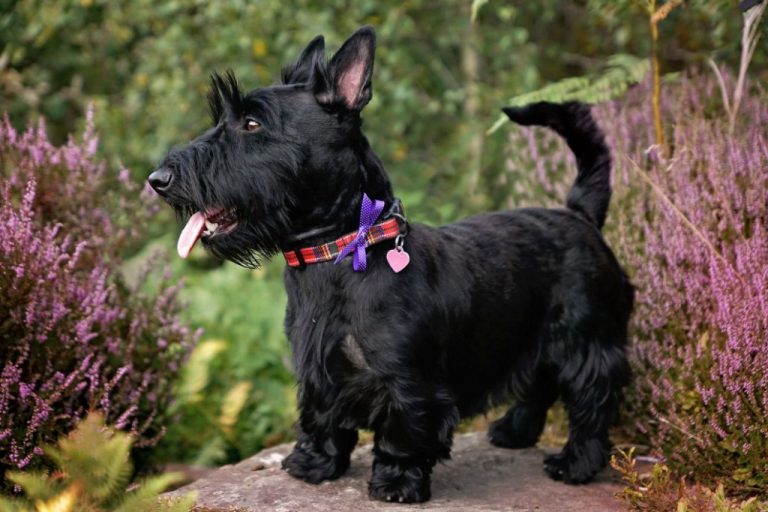French Bulldog: An Overview Of This Trendy Breed
The French Bulldog originated in England in the 1800s, despite their name. They are descended from toy Bulldog breeds popular in the Nottingham area, which lace workers crossed with various French breeds like the Terrier. The resulting small Bulldog breed became known as a “Toy Bulldog” and later nicknamed the “French Bulldog.” They quickly became popular companion dogs in England and France.
In the late 1800s, French Bulldogs became trendy and fashionable in Paris, which helped increase their popularity. Wealthy Americans visiting Europe fell in love with the breed and brought them back to the United States. The French Bulldog was first officially registered with the AKC in 1898 and remains a highly popular companion dog today.
Sources: https://frenchietopia.com/history-of-french-bulldogs, https://tomkingskennel.com/the-fascinating-history-of-french-bulldogs/
Appearance
French Bulldogs have a unique and distinctive appearance. They have a broad, heavy head with a flat face and a short muzzle, giving them a smushed, squashed look to their face. Their ears are wide and bat-like, sticking straight up. French Bulldogs have heavy cheek wrinkles and loose facial skin around the neck and chin. They have a compact and muscular body shape with a thick chest and front legs wider apart than the back legs. Their coats are smooth, shiny, and fine-textured in a variety of colors including brindle, fawn, cream, and white. Overall, French Bulldogs have a very stocky build and distinctive features that give them a charming, cute look. Their physical traits, like the bat ears and wide, deep-set eyes, set French Bulldogs apart from other breeds.
According to Purina, “The Frenchie is an enchanting looking little dog with the appearance of a miniaturised but bat-eared Bulldog, and has the same flat face, with its large wide-set, appealing eyes, very short muzzle and square undershot jaw” (Purina).
Temperament
French Bulldogs are known for having a playful, fun-loving, and affectionate temperament. They are extremely loyal to their owners and form strong bonds with them1. They truly aim to please their owners and are eager to participate in family activities. Frenchies adapt well to their owner’s lifestyle, whether that’s lounging around the house or going for long walks2.
French Bulldogs are intelligent dogs that respond very well to training, especially if positive reinforcement techniques are used. They pick up on tricks and commands quickly. Their smart and eager-to-please nature makes them highly adaptable to their owner’s preferences.
While Frenchies can be stubborn at times, especially if they pick up on an owner’s inconsistent training, overall they are playful, loyal, and adaptable dogs that fit in well with most lifestyles and families.
Health
French bulldogs are unfortunately prone to certain health conditions due to their physical structure and breeding. Some of the most common health issues seen in the breed include:

- Breathing problems like brachycephalic obstructive airway syndrome (BOAS) due to their short muzzles and narrow nostrils. This can cause snorting, snoring, exercise intolerance, and even collapse in severe cases [1]
- Spinal malformations such as hemivertebrae leading to back pain or paralysis [2]
- Allergies, either environmental or food-related, causing itchy skin or ear infections [3]
- Eye problems like cataracts, dry eye, or cherry eye
- Dental overcrowding and gum disease
Responsible breeding focused on health can help reduce the frequency and severity of these issues. Still, prospective owners should be prepared to monitor their Frenchie closely and provide any needed veterinary care.
Exercise & Training
French Bulldogs have moderate exercise needs. A short daily walk of 20-30 minutes is usually sufficient according to Tom King’s Kennel. Frenchies enjoy exploring and going for walks, but do not need vigorous exercise due to their brachycephalic faces. Avoid strenuous exercise in hot or humid weather, as French Bulldogs are prone to overheating.
French Bulldogs respond well to training, especially if it involves treats and positive reinforcement. Their aim to please makes them fairly easy to train. Basic obedience training is recommended. Keep training sessions short and upbeat as French Bulldogs can become bored or stubborn with repetitive drills. Use patience and consistency when house training a Frenchie puppy.
Grooming
French Bulldogs require minimal grooming overall. Their short, fine coat does not need much brushing or maintenance. Occasional bathing using a gentle dog shampoo is recommended when they get dirty, along with regular nail trimming and wrinkle cleaning.
One important part of French Bulldog grooming is taking care of their facial wrinkles. Their wrinkly skin should be gently cleaned and dried on a regular basis to avoid moisture buildup, irritation, and infection. Use a clean, dry cloth to wipe inside the wrinkles.
When it comes to brushing, a soft bristle brush can be used weekly to keep their coat looking shiny and smooth. Avoid over-brushing, as this can damage their sensitive skin. The best brushes for French Bulldogs are gentle options like the Cala Tangle-Free Hair Brush.
Bathe French Bulldogs every 4-6 weeks or when visibly dirty. Use a mild dog shampoo and rinse thoroughly. Dry their skin folds carefully after bathing. Trim nails as needed, usually every 2-3 weeks.
Living Conditions
French Bulldogs are highly adaptable to different home environments. Their small size and minimal exercise needs make them excellent apartment dogs (https://uk.hectorkitchen.com/french-bulldog/living-conditions/). They are comfortable living in small spaces and do not require a yard to get their exercise. Frenchies will be content in any home, big or small, as long as their people are there. Their velcro nature means they want to stick by their owners’ sides at all times.
Both French Bulldogs and Boston Terriers are low maintenance dogs that thrive in smaller living spaces like apartments or condos (https://www.monkoodog.com/boston-terrier-vs-french-bulldog-must-know-before-choosing/). Their minimal exercise requirements and small size make them ideal house dogs. As long as they receive daily walks and affection from their families, they will flourish in virtually any home environment.
Popularity
French bulldogs have experienced a sharp rise in popularity over the past decade, especially among city dwellers. According to the American Kennel Club, French bulldogs have surged from the 14th most popular breed in 2012 to the 2nd most popular breed in 2021 (CNN). Their compact size, playful temperament, and distinctive “bat ears” make them well-suited for apartment living. French bulldogs require less exercise than many breeds and love being around their human companions. Even so, their health challenges mean they are better suited for urban life than rigorous outdoor activities.
The breed’s popularity was more modest through much of the 20th century, influenced by factors such as competition from the Boston terrier (AKC). But as more people moved to cities and wanted a companion dog for restricted spaces, the French bulldog’s popularity began rising steadily. Their celebrities appeal, aided by owners like Lady Gaga, Reese Witherspoon and Hugh Jackman, has also boosted their visibility and demand.
Breeding
When looking for a French Bulldog puppy, it’s important to find a reputable breeder rather than a backyard breeder or puppy mill. Reputable breeders focus on improving the breed and breeding healthy, well-socialized puppies. Backyard breeders are more focused on making a profit and may not health test their dogs or breed to improve the breed. Here are some tips for identifying a good breeder:
Ask for referrals from your veterinarian or the French Bulldog Club of America (Source). Meet the breeder at their facility and ensure they are not running a puppy mill (Source). Reputable breeders should have a reasonable waiting list and price for puppies, without requiring nonrefundable deposits upfront. They should know the breed standard and only breed dogs that meet it.
A good breeder will perform health tests on breeding dogs to screen for conditions common in French Bulldogs, like hip dysplasia and cherry eye. They should provide health clearances and pedigrees showing the puppy’s lineage. Reputable breeders will also have a contract specifying health guarantees, provisions for returning puppies, and more.
Visiting the breeder’s facility provides insight on the puppies’ upbringing and care. Look for clean conditions, proper socialization, and a focus on the dogs’ health and welfare over profit.
Conclusion
The French Bulldog is a very popular breed for good reason – they have many endearing traits that make them wonderful pets. Some of the pros of French Bulldogs include their playful and affectionate personality, compact size, and low exercise needs. Their bat-like ears and squished face give them an adorable and unique appearance. On the downside, Frenchies are prone to several health issues like breathing problems, joint diseases, and certain allergies. They are fairly high maintenance dogs that require special care, regular vet visits, air conditioning, and cannot be left alone for long periods. Overall, the French Bulldog is best suited to urban environments and families who can dedicate time, training, patience and have the financial means to properly care for them.
In summary, those looking for a devoted companion that thrives on attention and bonds very closely with their family should strongly consider the French Bulldog. However, their extensive health care requirements should be fully researched and budgeted for beforehand. When given the proper environment, attention and veterinary care, the French Bulldog makes a fun-loving, affectionate and quirky addition to most households.






